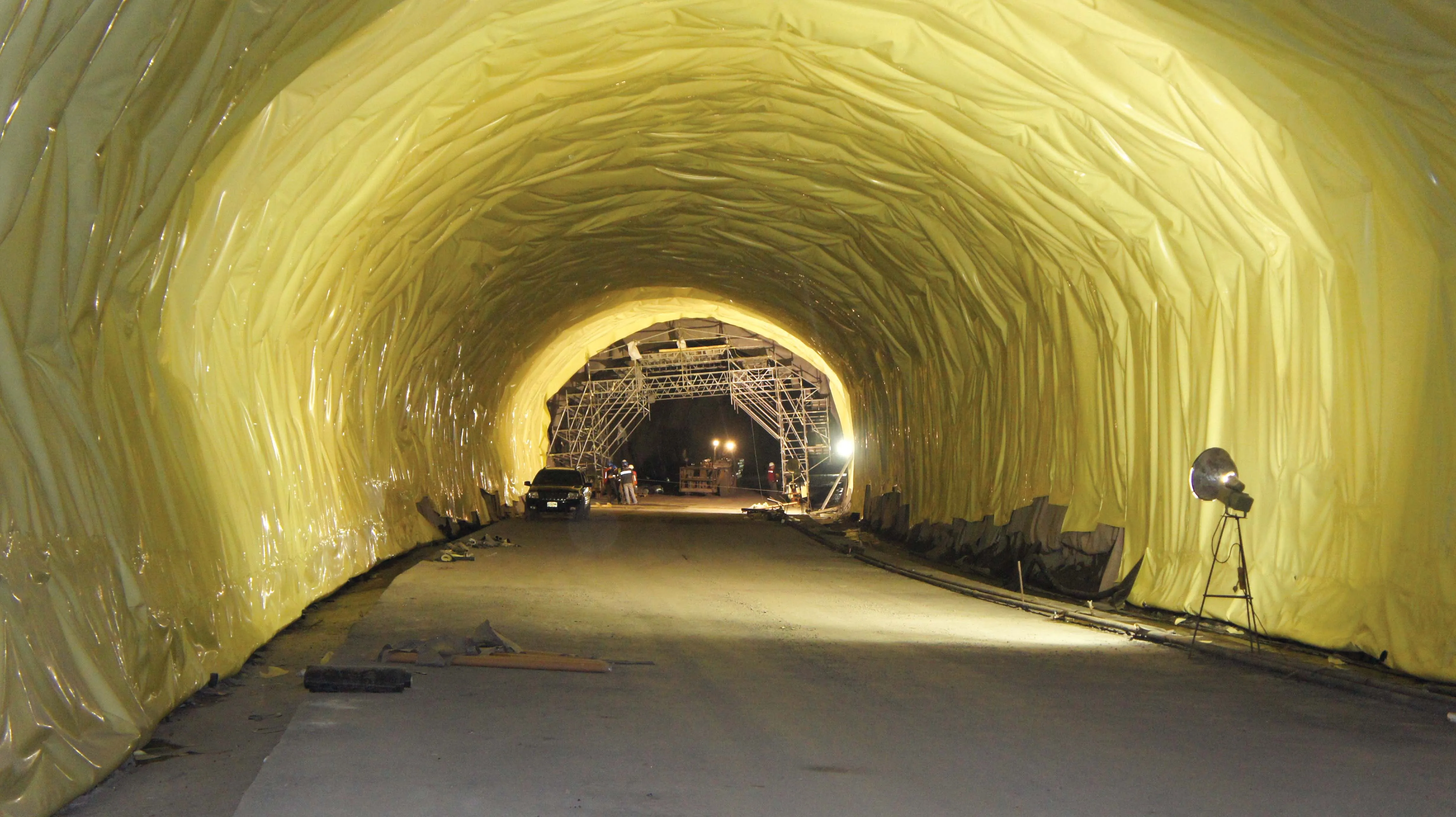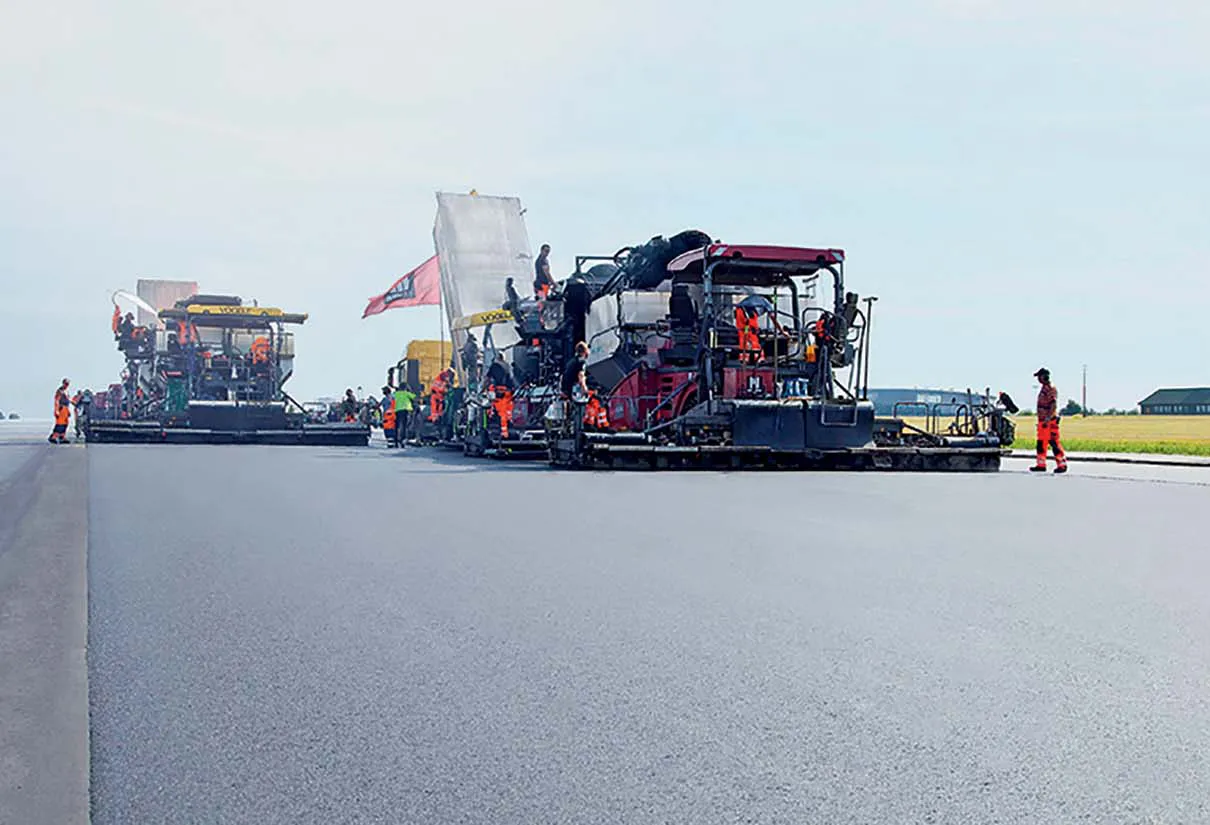December 19, 2014
There was no need for a day shift when Devon-based Gilpin Demolition took on a timely challenge - demolish an overpass bridge in 15 hours and reopen the A38 by the following morning.
The 40m long and 8m high single carriageway bridge, made of 1,400 tonnes of steel and concrete, was an overpass near Rattery. By 8PM the A38 below had been closed and the bridge carriageways were barricaded, ready for Gilpin’s first crew to arrive and lay down 400tonnes of stone road protection on the A38.
Hydraulic breakers then moved in for the real work to begin, as the video shows – there was no sleeping on this job.
As the sun rose over the A38 next morning, the last of the crew moved off site, after 960 man-hours of work that included six dumpers completing 80 trips. The job was 100% finished and the material was 100% recycled.
The 40m long and 8m high single carriageway bridge, made of 1,400 tonnes of steel and concrete, was an overpass near Rattery. By 8PM the A38 below had been closed and the bridge carriageways were barricaded, ready for Gilpin’s first crew to arrive and lay down 400tonnes of stone road protection on the A38.
Hydraulic breakers then moved in for the real work to begin, as the video shows – there was no sleeping on this job.
As the sun rose over the A38 next morning, the last of the crew moved off site, after 960 man-hours of work that included six dumpers completing 80 trips. The job was 100% finished and the material was 100% recycled.









